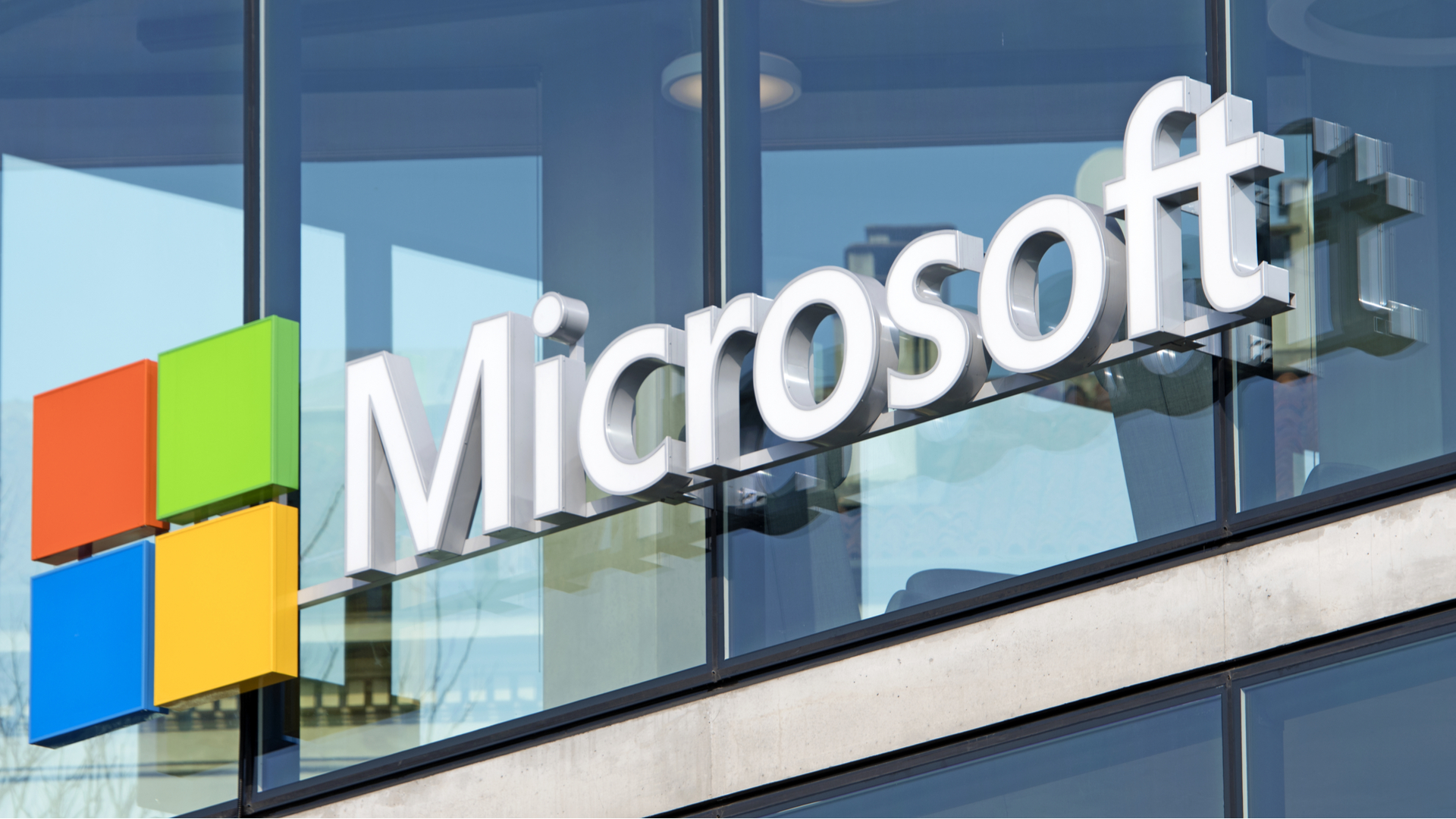
Microsoft has introduced a new hardware upgrade option called Azure Boost designed to improve the performance of virtual machines on its cloud computing platform.
In an explainer, the company outlined how Azure Boost looks to “[offload] server virtualization processes traditionally performed by the hypervisor and host OS onto purpose-built software and hardware.”
Microsoft says that customers can expect a range of benefits including improved networking, revised storage, performance, and security.
Azure Boost – the future of cloud?
Microsoft said that Azure Boost-compatible VM hosts contain the new Microsoft Azure Network Adapter (MANA), which means up to 200 Gbps bandwidth.
Offloading storage operations also sees improvements, with up to 17.3 GBps and 3.8 million IOPS for local storage and up to 12.5 GBps throughput and 650 K IOPS for remote storage.
The cloud provider has confirmed that 17 instance types are already supported, and future Azure virtual machines will also be compatible with Azure Boost.
The explainer confirms that Azure Boost applies to both Linux VMs and Windows VMs, and already, some versions of Ubuntu (20.04 and 22.04 LTS) and Windows Server (2016, 2019, and 2022), among others, have support for the MANA driver (via The Register).
AWS has a similar setup, which it calls Nitro, which underpins the EC2 instances. Like Azure Boost, it promises to offload functions to dedicated hardware and software, in turn improving performance and optimizing cost efficiency.
Whether you’re an AWS customer or an Azure customer preparing to take advantage of Boost, the performance enhancements could allow you to use fewer resources, which is better for both the environment and your business’s bank account.
More from TechRadar Pro
- We’ve rounded up the best cloud hosting
- Microsoft unveils bigger and more powerful Azure VMs
- Check out the best cloud storage and best cloud backup tools







